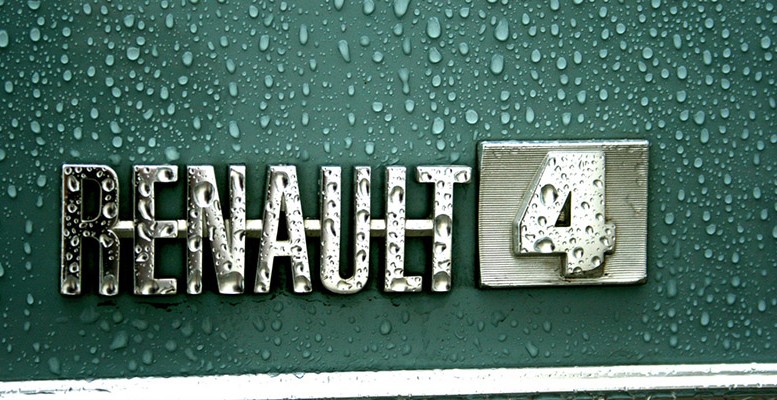After being arrested by Japanese authorities on Monday for alleged fiscal fraud, Carlos Ghosn, Chairman of Nissan and CEO of Renault has been temporarily suspended at the head of the company and remains chairman “temporarily incapacitated”. Board member Philippe Lagayette will chair the board´s meetings on a temporary basis and the, until now, deputy director general Thierry Bolloré will assume Ghosn´s main executive responsibilities.
Ghosn was interrogated because of an investigation initiated for the alleged non-declaration of a series of incomes he had received. Specifically, Ghosn is accused of committing an alleged violation of financial legislation for not having reported his salary in the correct way, understating his incomes for five years since 2011 by between 40M€ (calculated by our analysts) and 77M€ (reported by the press – 10 billion yen). Other sources talk about Ghosn using company money for his personal use, and indeed the company recognises this.
Renault has fallen 40% from its highs of the year and 13% since the CEO’s detention.
The loss of a leader with the abilities of Carlos Ghosn and the positive effect he has had on the evolution of the company is undoubtedly undesirable, but Morgan Stanley does not think he is an “unreplaceable talent”. The correction in the share value, therefore, is due to the risk that the alliance between Renault and Nissan will break up. At Bankinter, analysts recall that Goshn was the “principal promoter of a greater union and even talked about a possible merger of the three companies”.
It is said that Nissan will be investigating its joint venture with the company (Renault holds 44% of the capital of the Japanese automaker), while the French state (which holds 15%) wants to maintain the alliance and disassociate it from the Ghosn case. In fact, the French Minister of Economy, Bruno LeMaire, declared that Carlos Ghosn is already incapacitated from running the company.
Although it is unquestionable that the alliance has brought synergies to both companies in cost savings from economies of scale as well as in incomes from access to new markets, Morgan Stanley notes that it has not brought significant improvement in profits, especially in recent years, “given that many other carmakers have reached the same levels.”
If the alliance breaks, Renault and Nissan would lose these synergies, but it would have the positive effect of releasing the value of Renault’s holding in Nissan and this would lift the share value from current levels, given that just this holding is worth more than the market capitalisation of Renault.
The first friction between the French and Japanese sides began to be seen a year ago. In that moment, Nissan began to seek voting rights for the shares it held in Renault (15%). Experts from Alphavalue do not exclude that Nissan will begin a reverse acquisition:
“The acquisition of Renault (excluding its participation in Nissan) currently costs less than 5 billion euros and with the fall in the price of Renault shares yesterday, the price fell to around 4 billion euros”.
Another important aspect of the alleged irregularities in the management of Carlos Ghosn is the uncertainty that it generates in relation to the corporate governance practices of the alliance. In this sense, Renault seems to follow the path of Volkswagen. We record that the disaster of dieselgate cost the positions of a major part of the senior directors of the German carmaker. As Alphavalue explains:
“Like VW, one can be in control of the company, but not respect the good governance obligations. These two governance crises clearly have different origins, but are clear cases of boards without power. This could seem excessive, but it is worth recording that even the French government was not taken into account when Me Ghosn converted board meetings into his private preserve.”
A disconcerting observation for an industry which finds itself in the centre of many political torments and is confronting a technological revolution.





